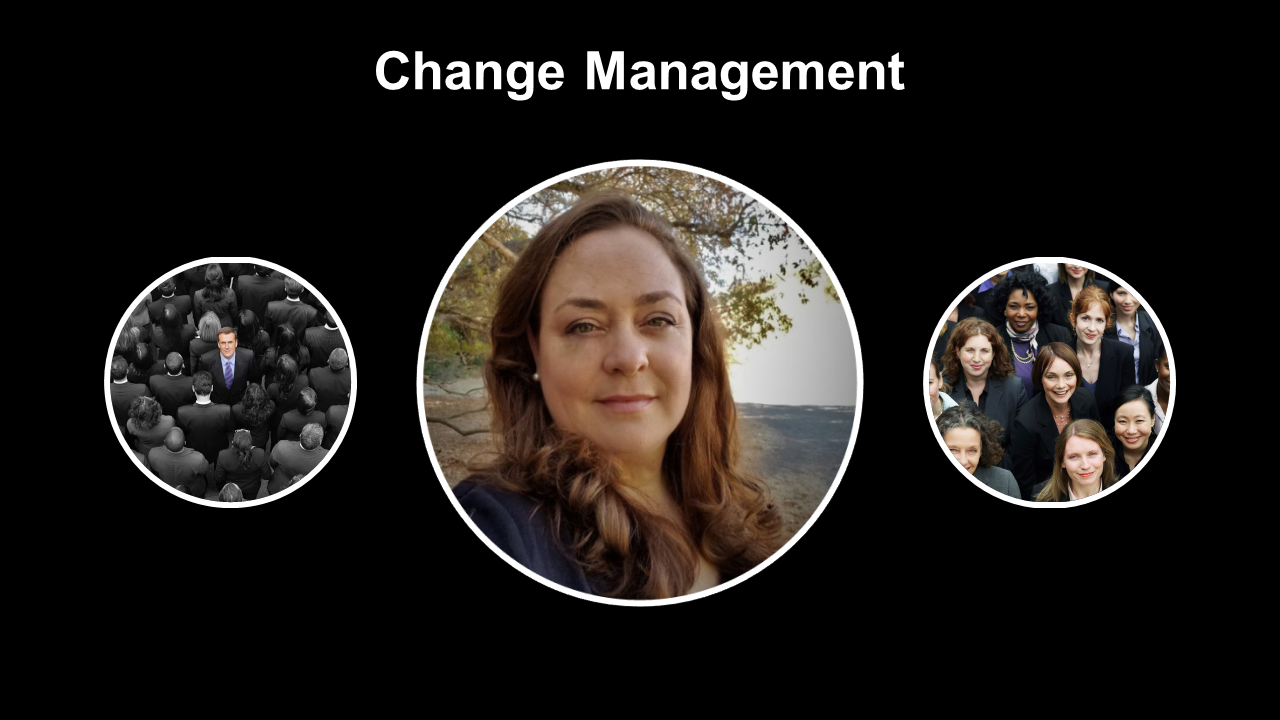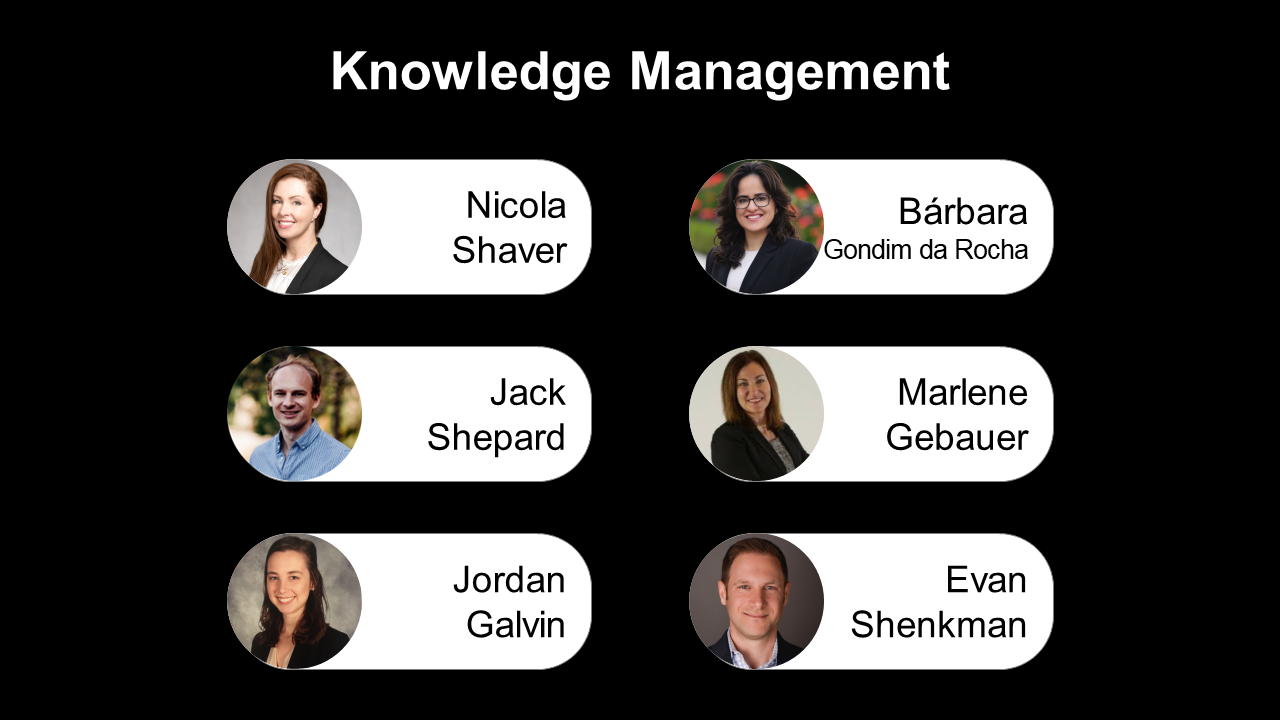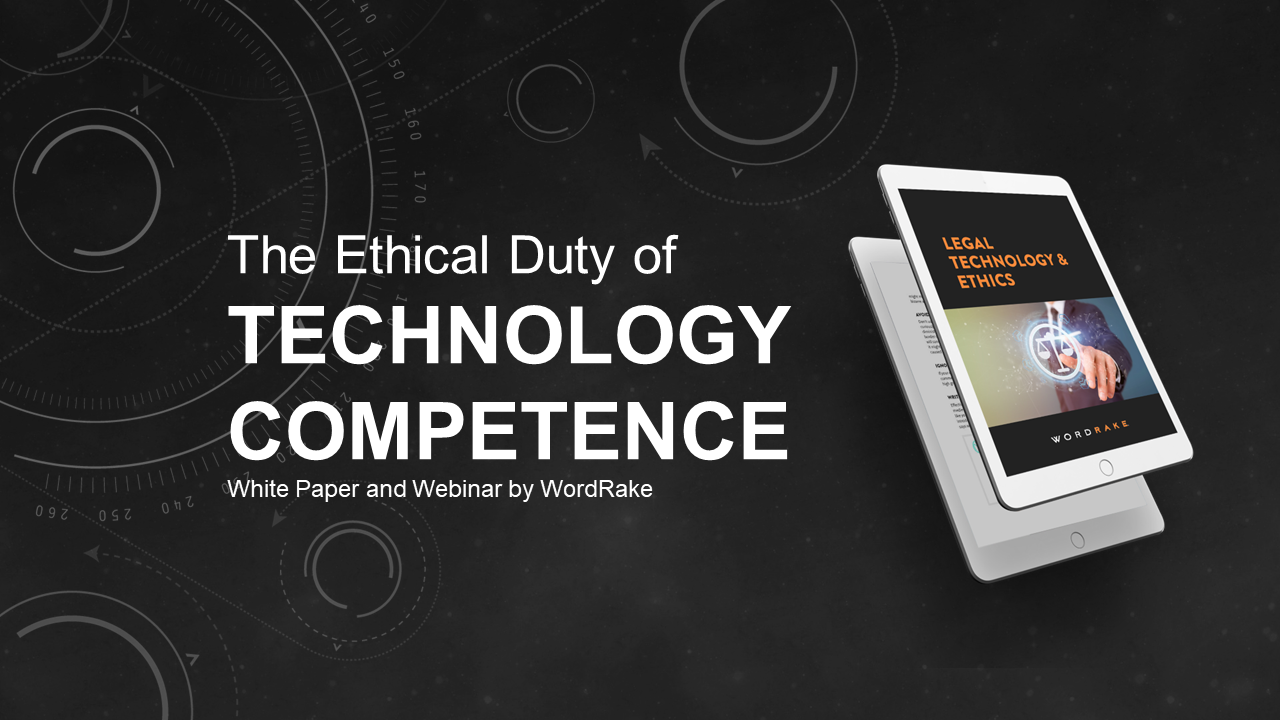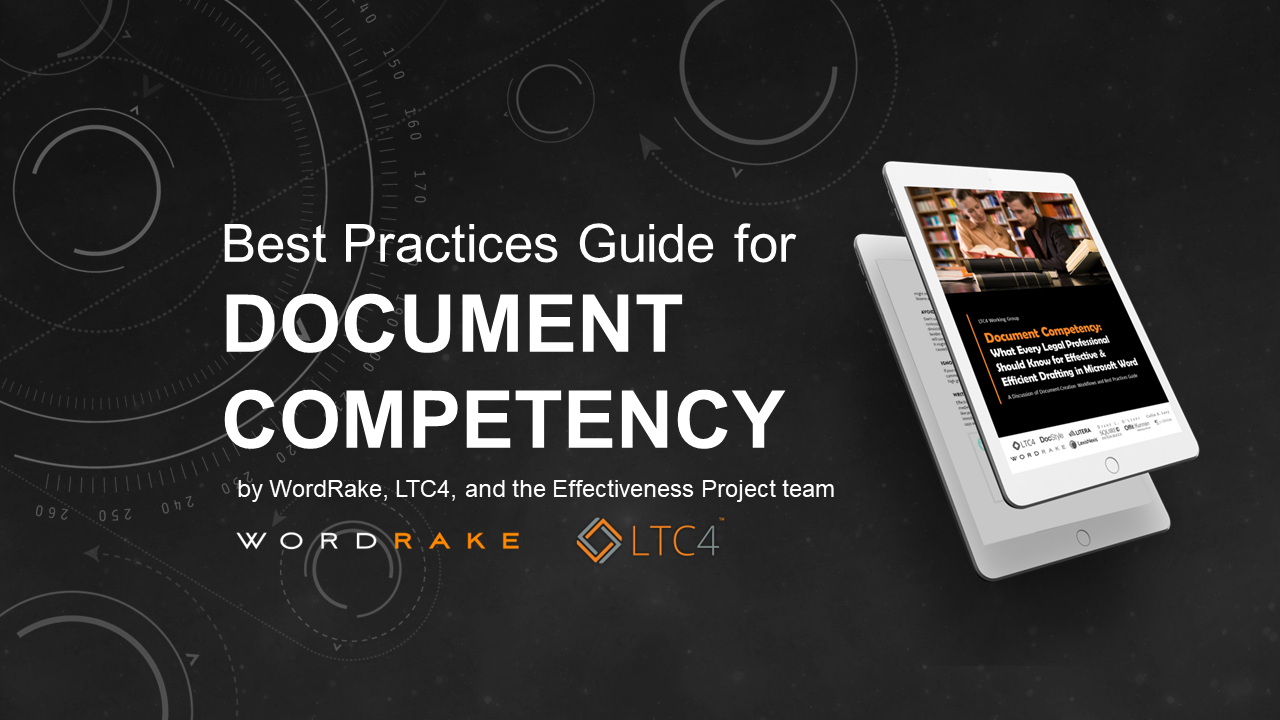Streamlining Legal Writing with Technology and Process Innovation
Legal writing and editing software improves writing quality by enhancing clarity, brevity, and simplicity, leading to better client relationships and increased efficiency. With better outcomes, time-savings, error reduction, and legal innovation, those using these tools will experience greater success than those practicing without them.
Legal writing is often dense and complex. Using editing software like WordRake can help you simplify your writing, improve clarity, and shed unnecessary jargon.
- Boost Efficiency: These tools trim redundancies, flag passive voice, and suggest simpler phrases, reducing editing time and minimizing errors.
- Improve Outcomes: The tools increase document quality and streamline the workflow, contributing to better client relationships and outcomes.
Incremental innovation provides an accessible path for change, forming a solid foundation for future transformations and improving accessibility within the profession. Adopting these tools aligns with the legal profession’s duty for competency and the goal of innovation, contributing to industry success.
.jpeg?width=2000&name=AdobeStock_551234476%20(1).jpeg)
.jpeg?width=2000&name=AdobeStock_269749690%20(1).jpeg)
.jpeg?width=2000&name=AdobeStock_609913766%20(1).jpeg)
.jpeg?width=2000&name=AdobeStock_487597232%20(1).jpeg)
.jpeg?width=2000&name=AdobeStock_326101594%20(1).jpeg)








.jpeg?width=2000&name=AdobeStock_603975643%20(1).jpeg)
.jpeg?width=2000&name=AdobeStock_594913000%20(2).jpeg)
.jpeg?width=2000&name=AdobeStock_605821689%20(1).jpeg)
.jpeg?width=2000&name=AdobeStock_276831752%20(1).jpeg)






.jpeg?width=2000&name=AdobeStock_145276571%20(1).jpeg)